184 posts
Latest Posts by smartler - Page 3




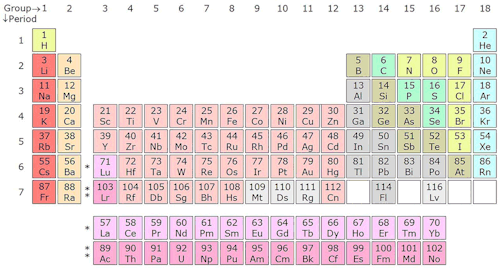
Scientists in Japan, Russia and the US have discovered four new elements, which means the seventh row of the Periodic table is finally filled!! WAY TO GO SCIENCE!!








The last, but not least of starry scholastic month!
This week’s entry: Black Holes
http://www.space.com/15421-black-holes-facts-formation-discovery-sdcmp.html
http://www.space.com/19339-black-holes-facts-explained-infographic.html






Scientists at the Pacific Shark Research Center have discovered a new species of Lanternshark. The sharks give off a dim glow thanks to tiny organs in their skin called photophores. When seen from below, they blend in with the dim light that filters down to their dark hunting grounds from the ocean’s surface. In this context, glowing is actually an effective form of camouflage. Lanternsharks incredibly sneaky predators.
Researcher (and shark-discoverer) Vicky Vásquez was describing the sharks’ special power to her young cousins when they suggested the common name Ninja. Its scientific name Etmopterus benchleyi honors Peter Benchley, the author of the novel Jaws who became a vocal advocate for shark conservation.
Image credits: Dr. Douglas J. Long/Dr. Ross Robertson/Journal of the Ocean Science Foundation



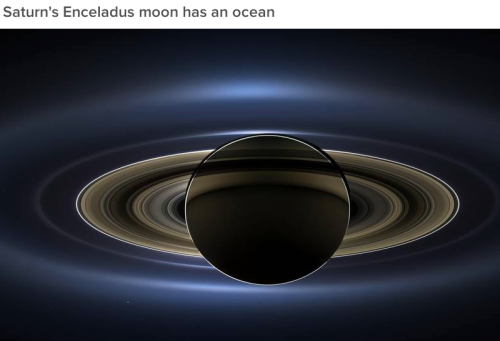


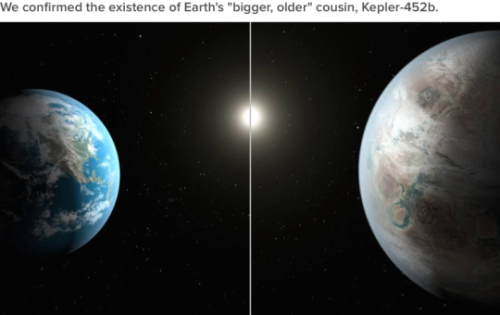


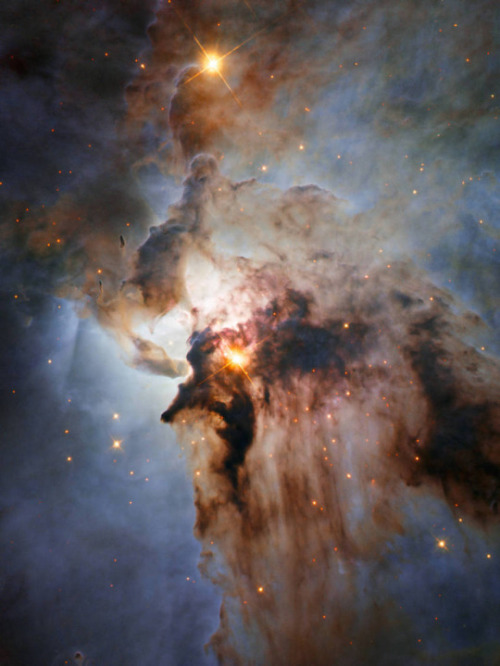
From water on Mars to Pluto’s heart, 2015 was a huge year of discovery for NASA. These don’t even mention, the “close encounters” we had with celestial objects this year.
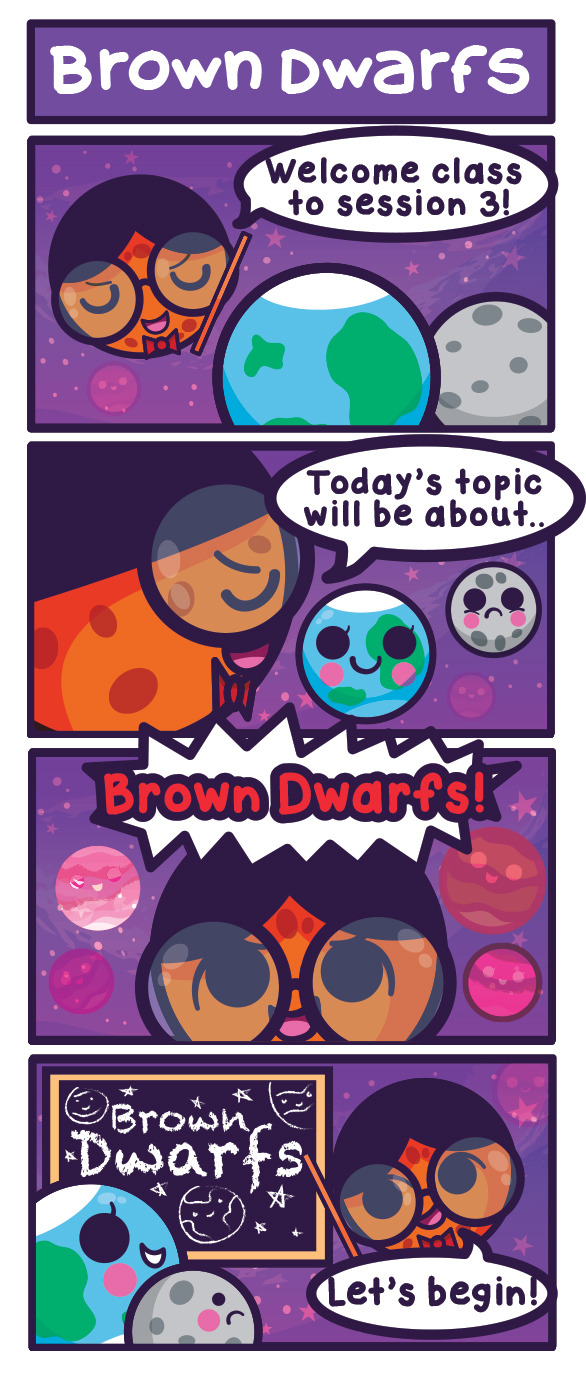

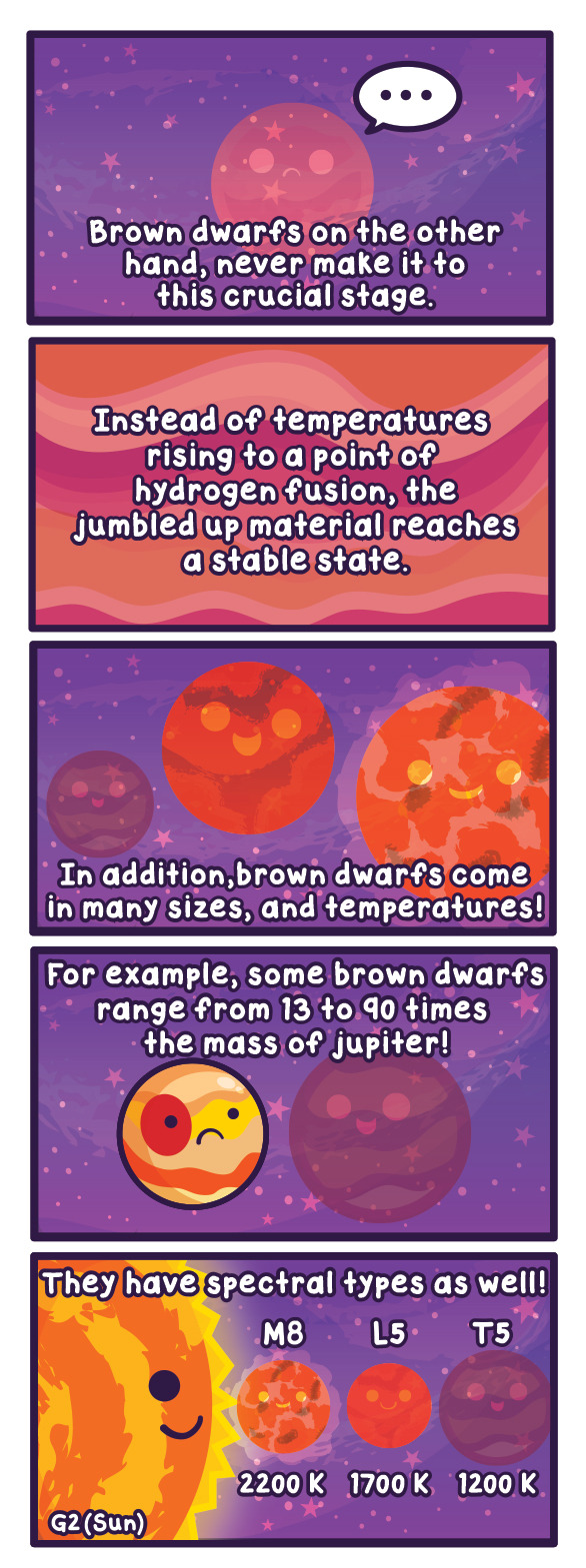


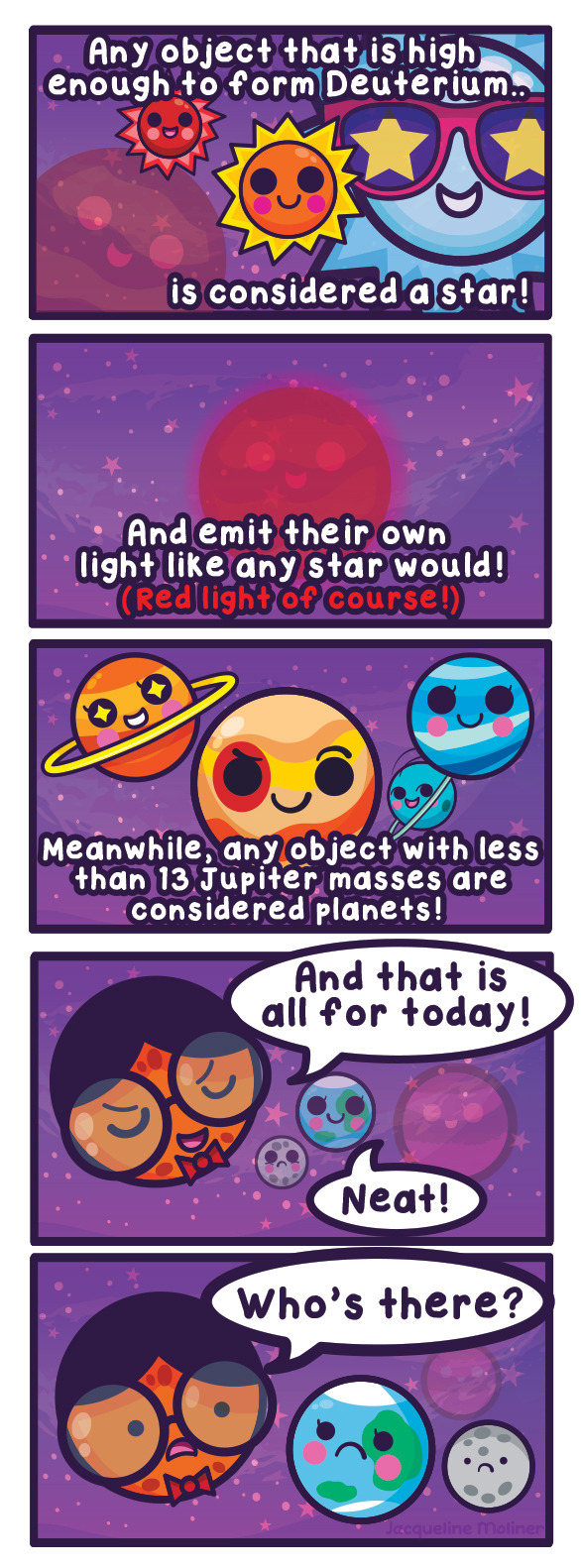
This is the third week of starry scholastic month!
This week’s entry: Brown Dwarfs
http://www.space.com/24467-brown-dwarfs-failed-stars-explained-infographic.html
http://www.space.com/23798-brown-dwarfs.html

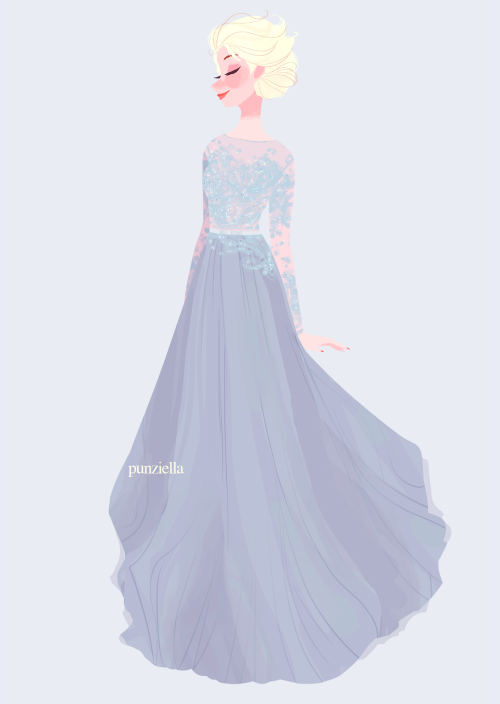

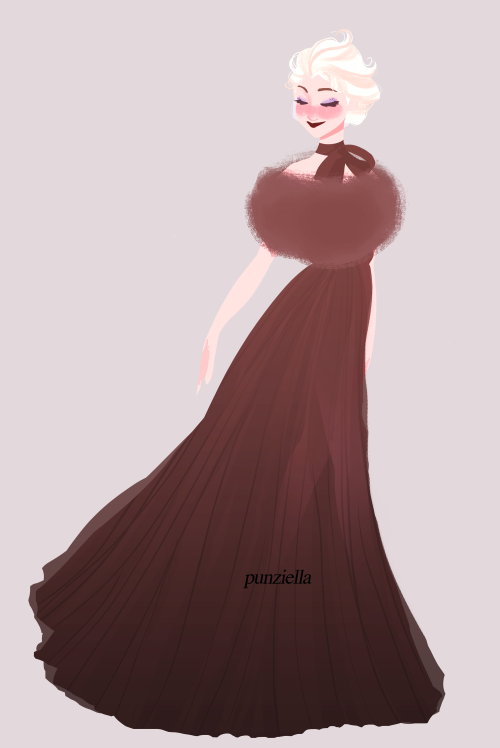

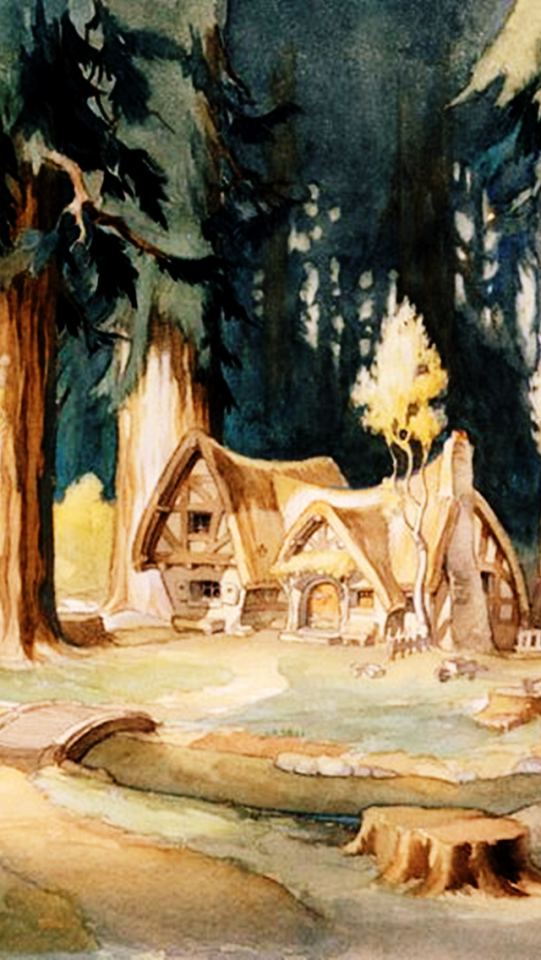
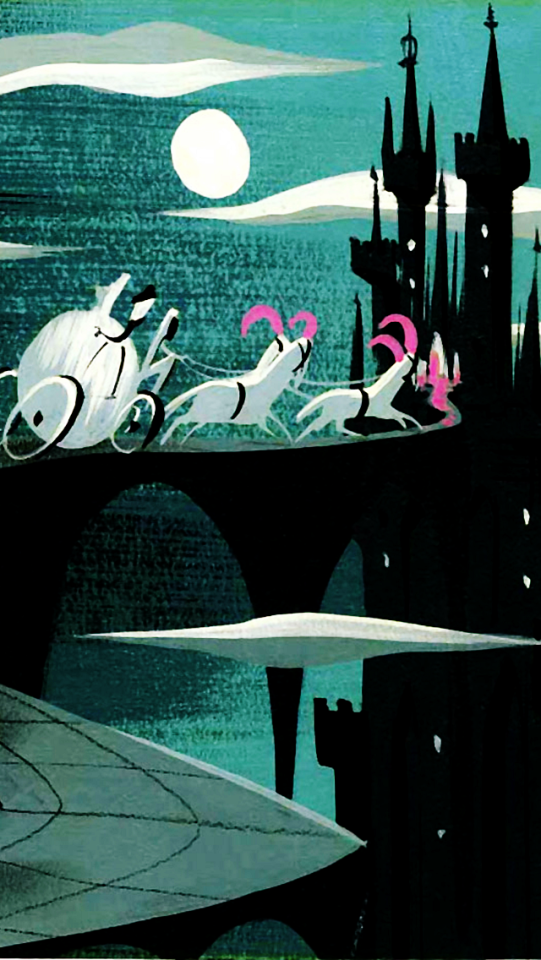

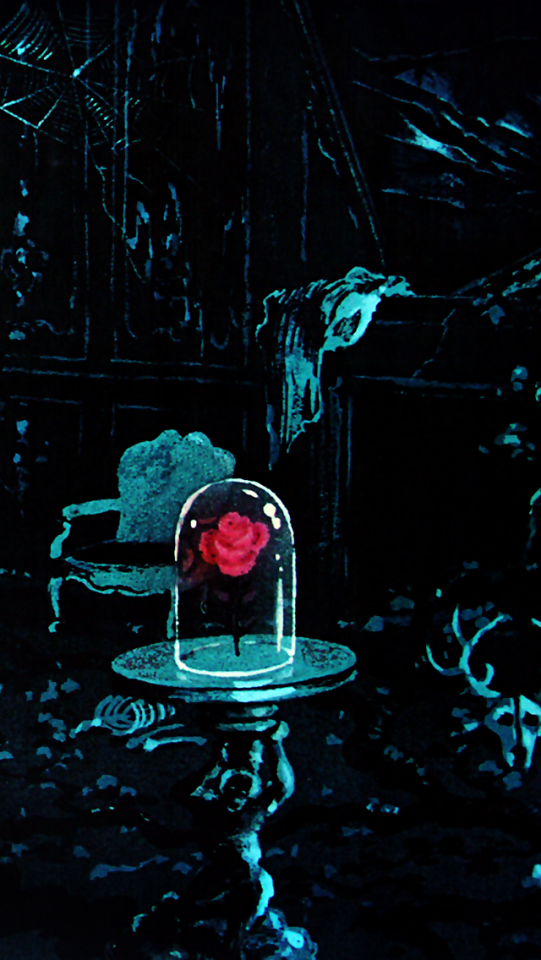
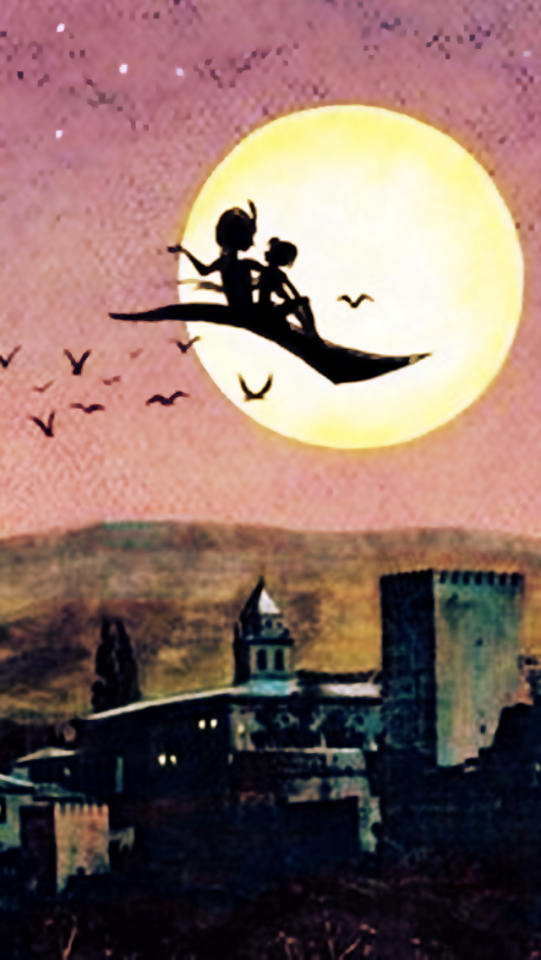
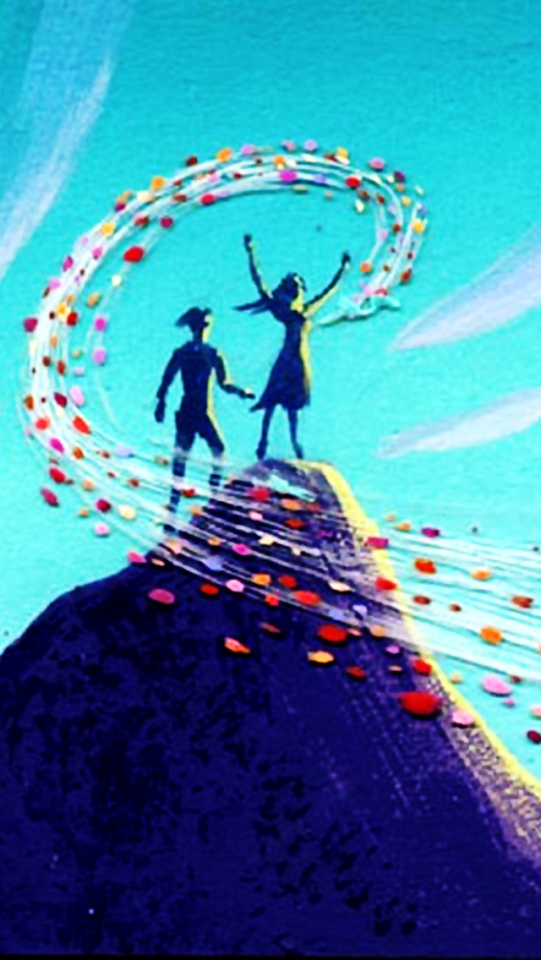



Phone backgrounds from a few Disney movies
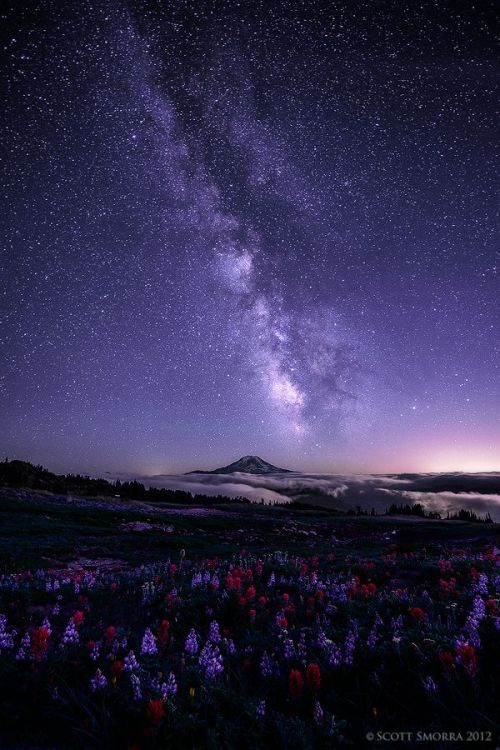
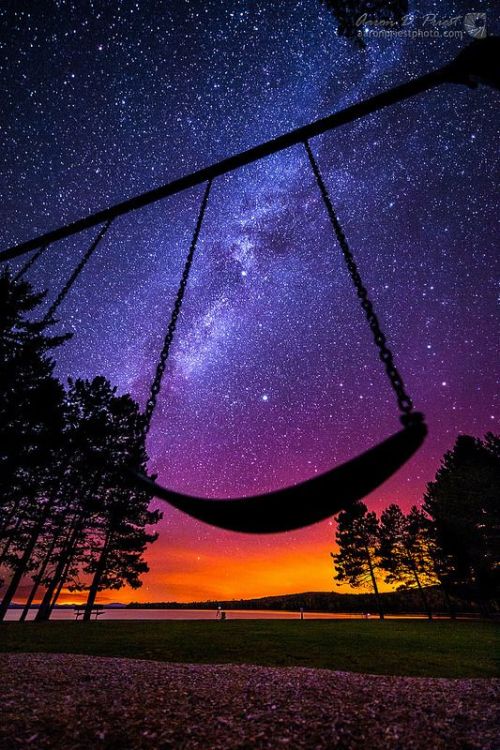
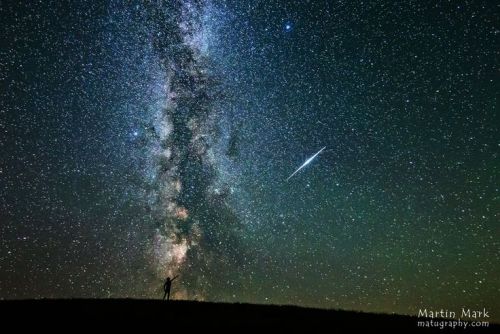

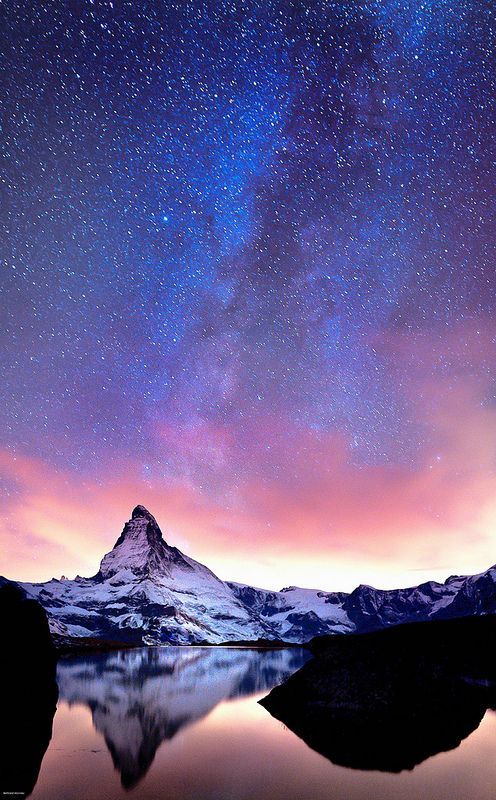
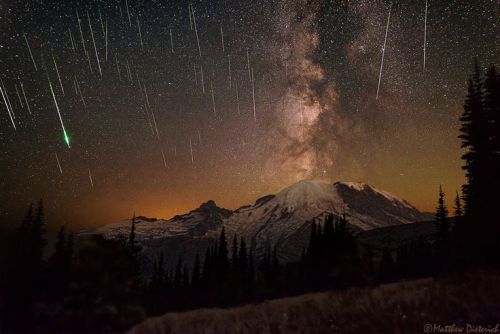
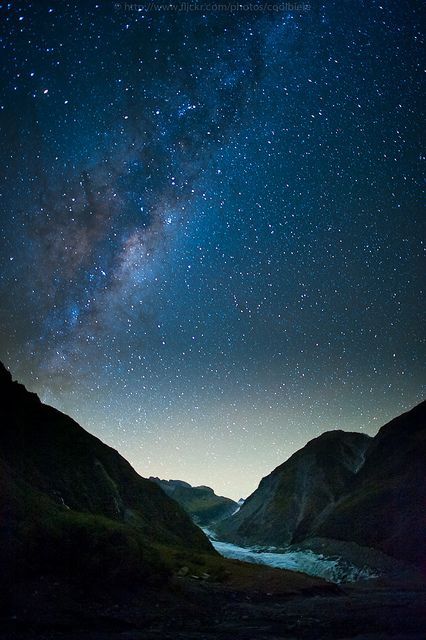
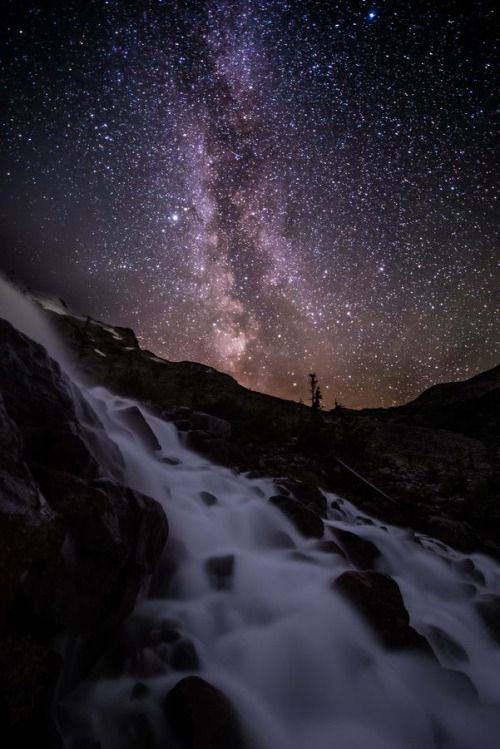
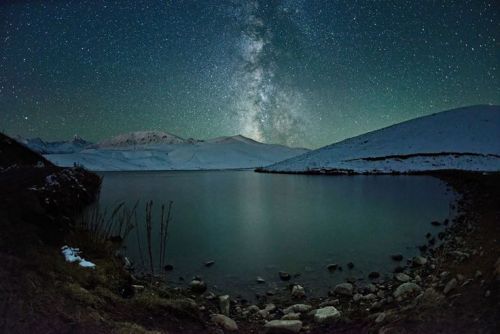
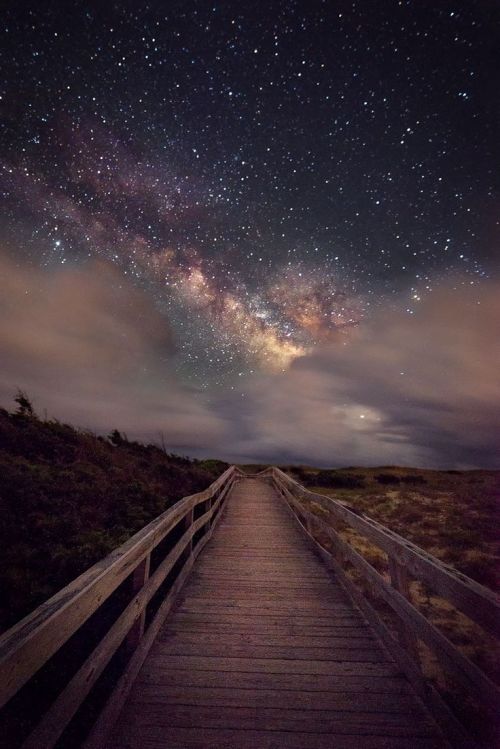
Possibly the best collection of images of the Milky Way from here on Earth ever!
If you don’t love the Milky Way Galaxy, you’re invited to leave!
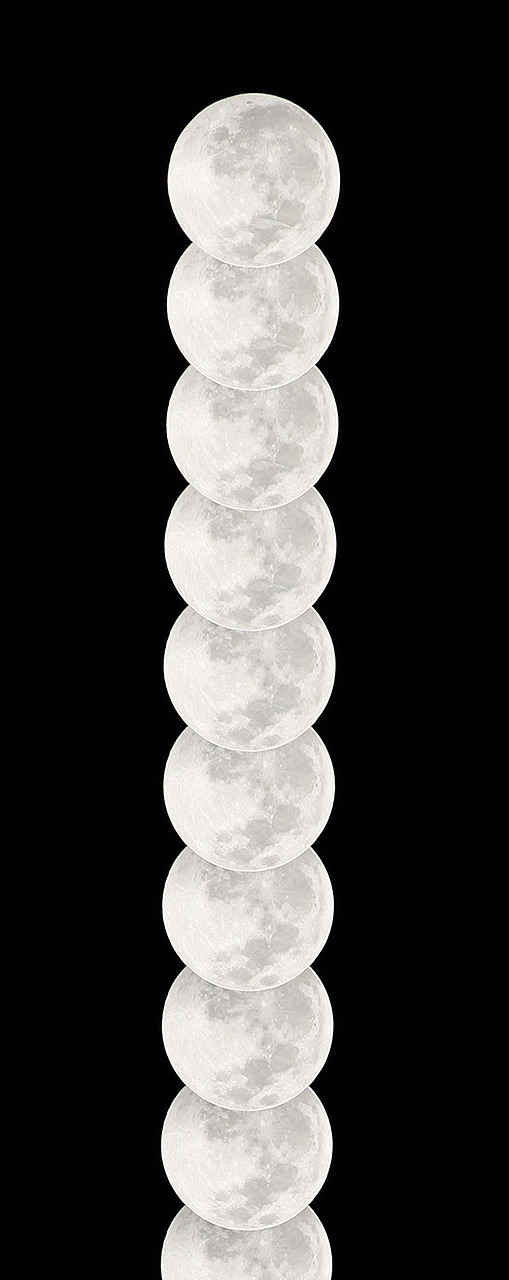

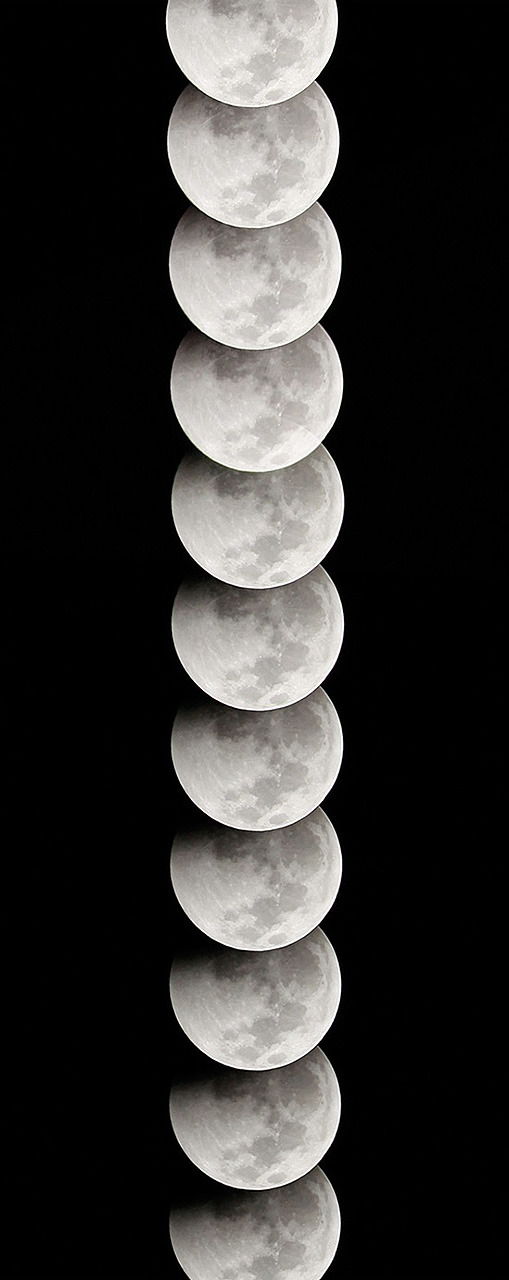
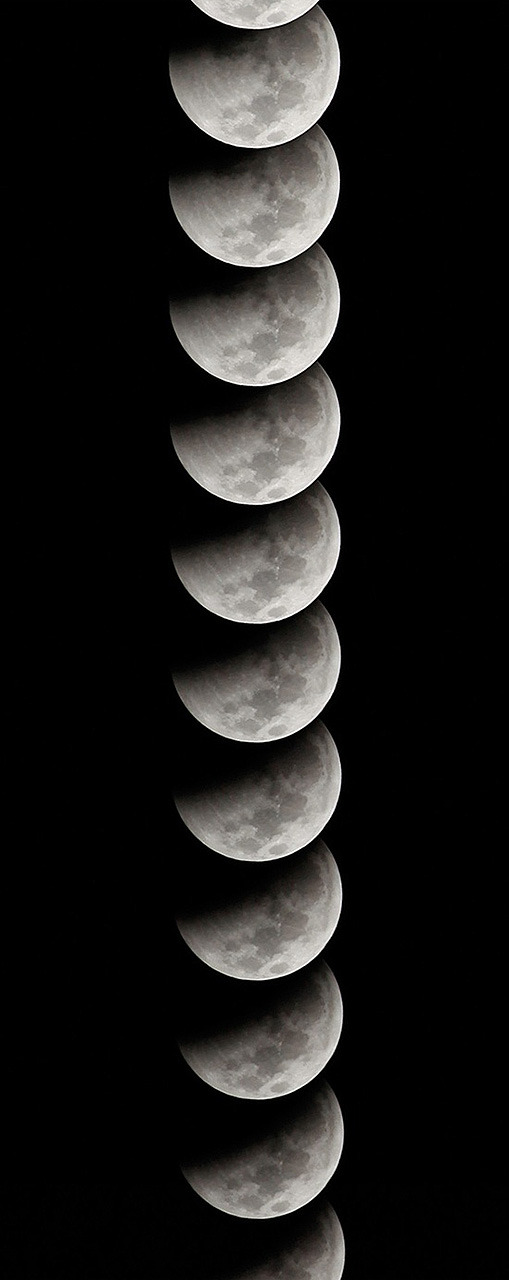

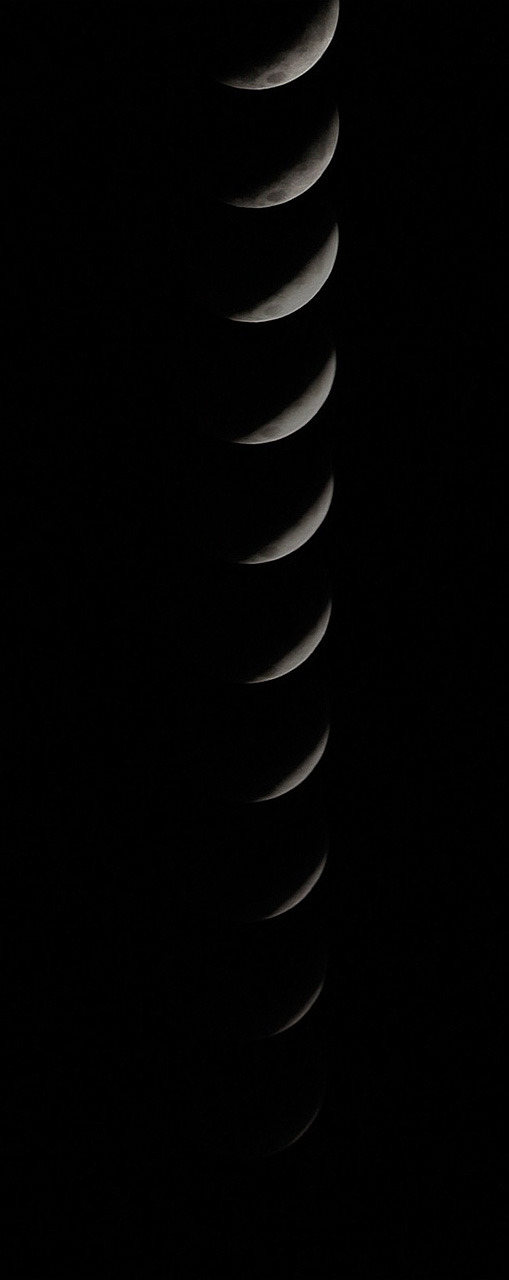
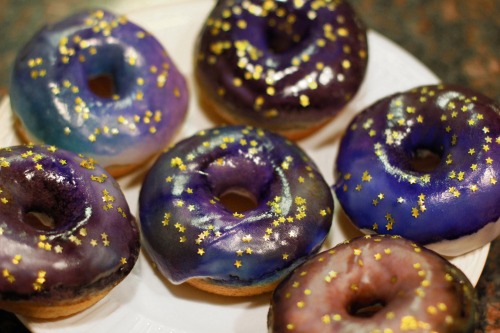
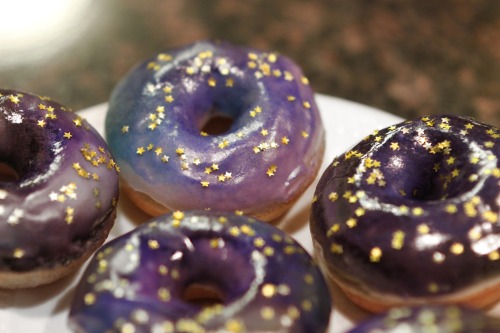
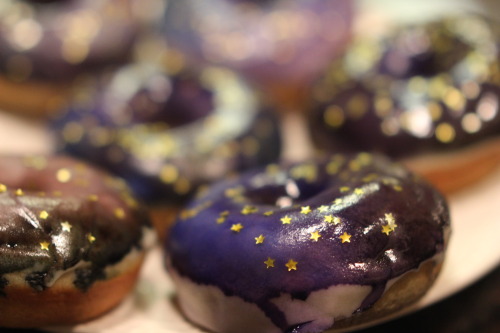
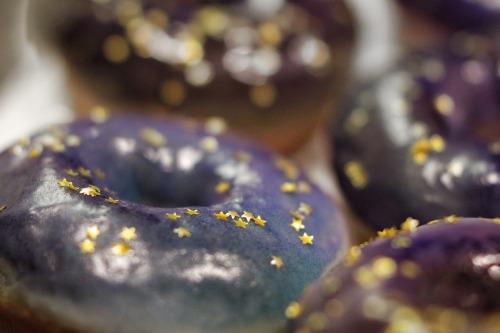
GALAXY DONUTS!!! inspired by @insertdisc5‘s animated short Galactic Donut!! and a twitter exchange where she said i shouldn’t eat the galaxy donut because that didn’t work out well in the animation. so i made my own.
aaaaand now they’re too pretty to eat. truly this is the worst possible ending???
i tried very hard to make one of them look like the Actual Donut but? it turns out?? that edible spray paint is about as precise as a bucket of glitter??? oh well.

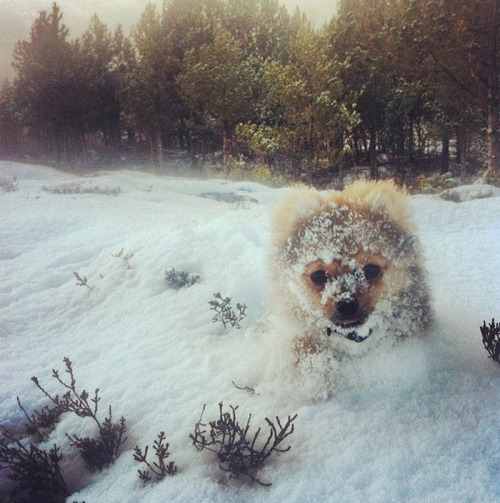

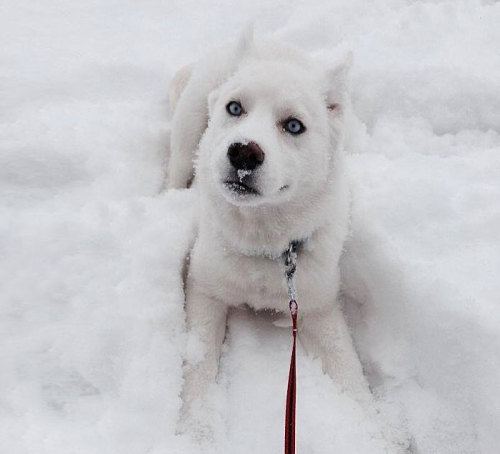
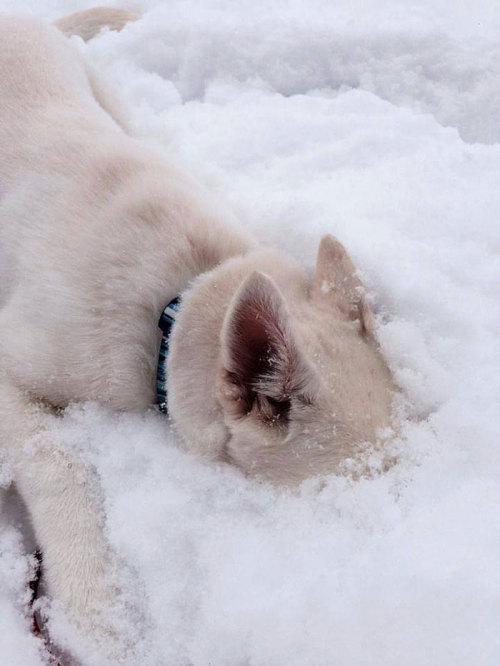



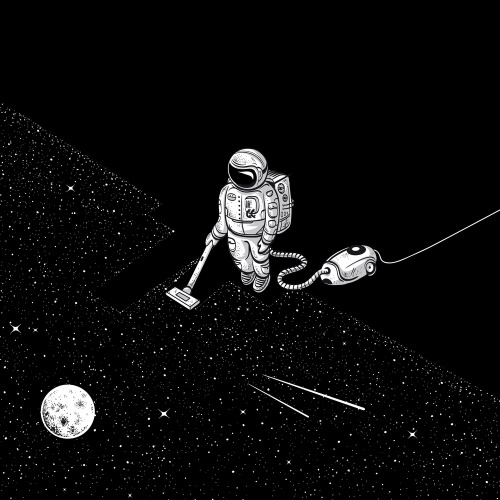

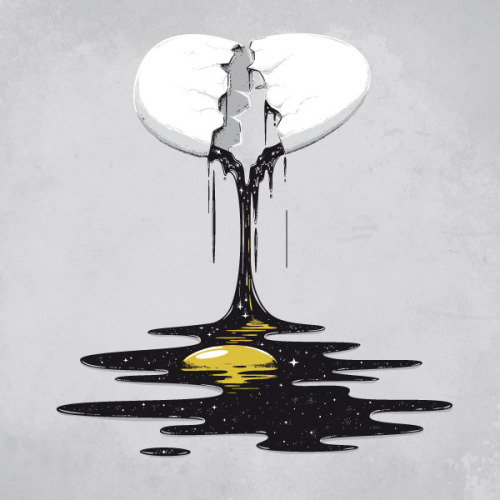
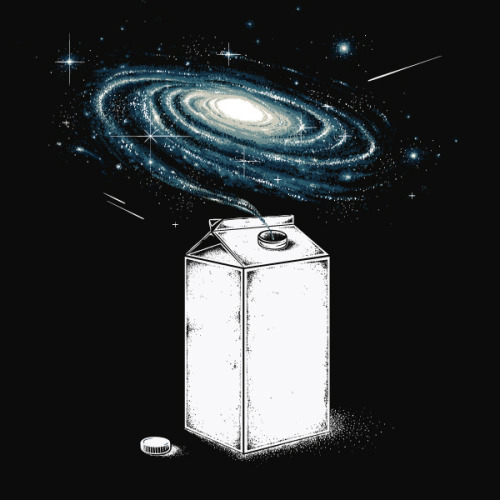
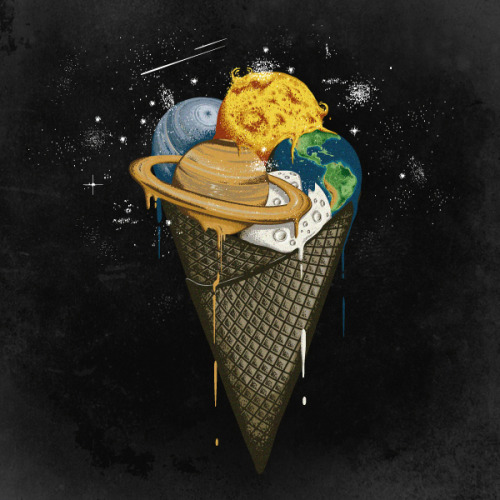
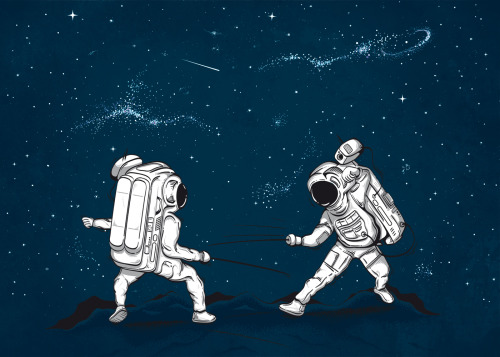


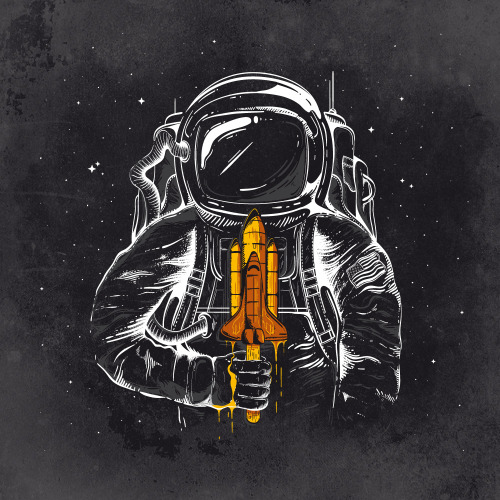
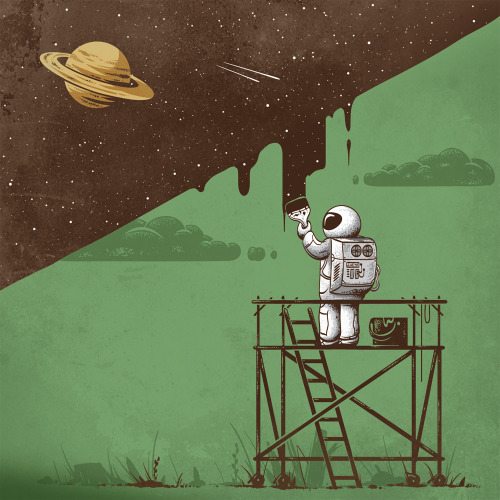
GERMANY: ILLUSTRATION: ROBERT RICHTER
Find Robert and MP on Facebook here and here.





For more on the Fermi Paradox and why alien life hasn’t found us yet. (Infographic via futurism)








Solving the data processing alone is mindnumbing…
The amount of sensory information collected pose a huge storage problem and require real-time signal processing to reduce the information to relevant data. In mid 2011 it was estimated the array could generate an exabyte a day of raw data, which could be compressed to around 10 petabytes.
Square Kilometre Array
The Square Kilometre Array (SKA) is a radio telescope project that will be built in Australia and South Africa. It will have a total collecting area of approximately one square kilometre. It will operate over a wide range of frequencies and its size will make it 50 times more sensitive than any other radio instrument.
The Square Kilometre Array SKA
5 Extraordinary & Mind Blowing Sea Creatures
This video was produced by the Youtube channel Top5s
The animals featured in this video are the frilled shark, the mantis shrimp, the giant isopod, the mimic octopus, and finally a mysterious long legged squid.
I decided to share this video on this blog because Top5s did a wonderful job of introducing these incredible, odd, and sometimes unsettling animals without using drama or fear to as a way to gain views or anything else. I really appreciate the straight forward method he takes when discussing things like this. He gets the information out and still keeps the viewer interested without fear mongering.
If/when he posts more ocean related videos I’ll be sure to share them, for now if you are interested to see any of his other videos (he covers a variety of subjects. Many of them odd, strange, and/or disturbing: you’ve been warned) here’s a link to his channel Top5s:
https://www.youtube.com/channel/UCX51Dixddr5HuwLVBH9ykeQ
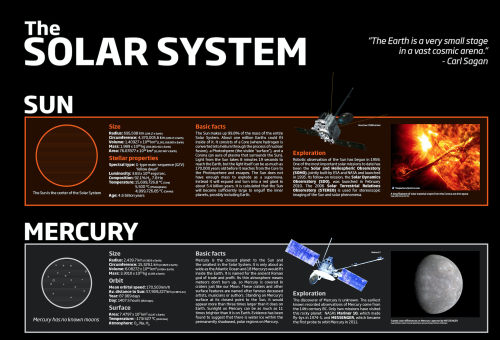
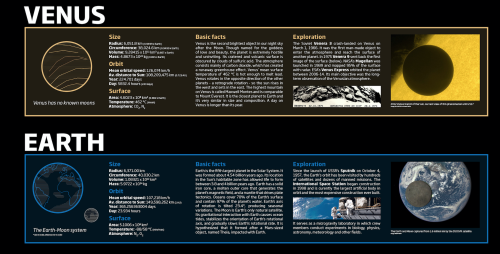
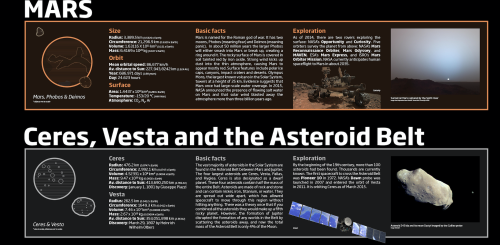
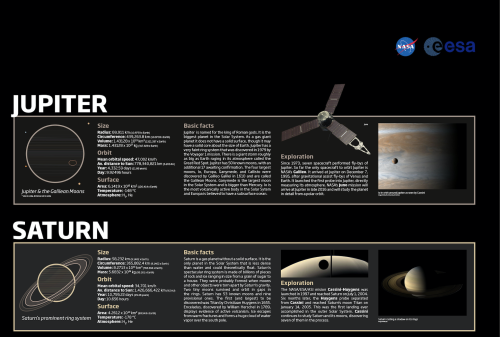
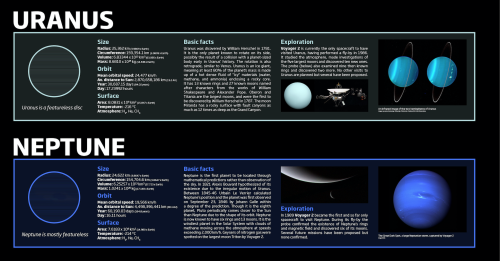
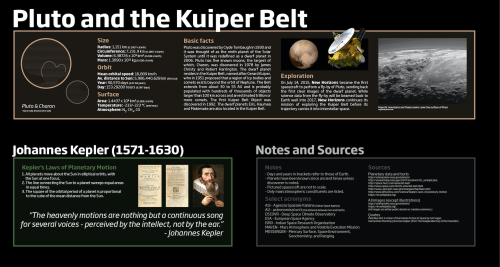
The Solar System
This is wonderful.
via Phil Plait
New video on the Hubble Sequence! Had a lot of fun making this one, enjoy!
What Are the Bright Spots on Ceres?

Dwarf planet Ceres has more than 130 bright areas, and most of them are associated with impact craters. Now, Ceres has revealed some of its well-kept secrets in two new studies in the journal Nature, thanks to data from our Dawn spacecraft.
Two studies have been looking into the mystery behind these bright areas. One study identifies this bright material as a kind of salt, while the other study suggests the detection of ammonia-rich clays.
Study authors write that the bright material is consistent with a type of magnesium sulfate called hexahydrite. A different type of magnesium sulfate is familiar on Earth as Epsom salt.

Researchers, using images from Dawn’s framing camera, suggest that these salt-rich areas were left behind when water-ice sublimated in the past. Impacts from asteroids would have unearthed the mixture of ice and salt.
An image of Occator Crater (below) shows the brightest material on Ceres. Occator itself is 60 miles in diameter, and its central pit, covered by this bright material, measures about 6 miles wide. With its sharp rim and walls, it appears to be among the youngest features on the dwarf planet.

In the second nature study, members of the Dawn science team examined the composition of Ceres and found evidence for ammonia-rich clays. Why is this important?
Well, ammonia ice by itself would evaporate on Ceres today, because it is too warm. However, ammonia molecules could be stable if present in combination with other minerals. This raises the possibility that Ceres did not originate in the main asteroid belt between Mars and Jupiter, where it currently resides. But instead, might have formed in the outer solar system! Another idea is that Ceres formed close to its present position, incorporating materials that drifted in from the outer solar system, near the orbit of Neptune, where nitrogen ices are thermally stable.

As of this week, our Dawn spacecraft has reached its final orbital altitude at Ceres (about 240 miles from the surface). In mid-December, it will begin taking observations from this orbit, so be sure to check back for details!
ake sure to follow us on Tumblr for your regular dose of space: http://nasa.tumblr.com
Seduce me with science puns

Rough night? Here’s a GIF of Charlie Brown coming across Snoopy for the first time
funny tumblr [via imgur]
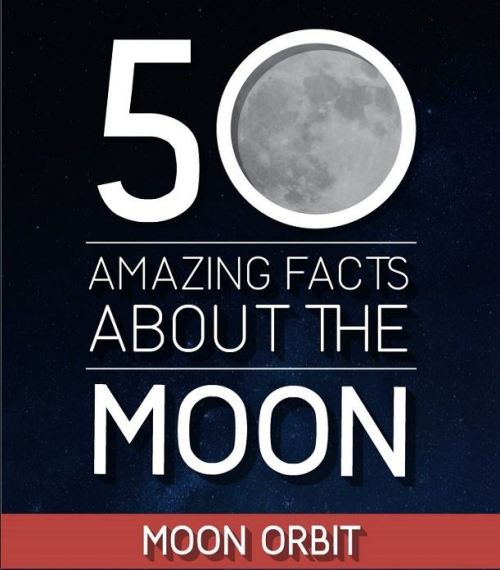
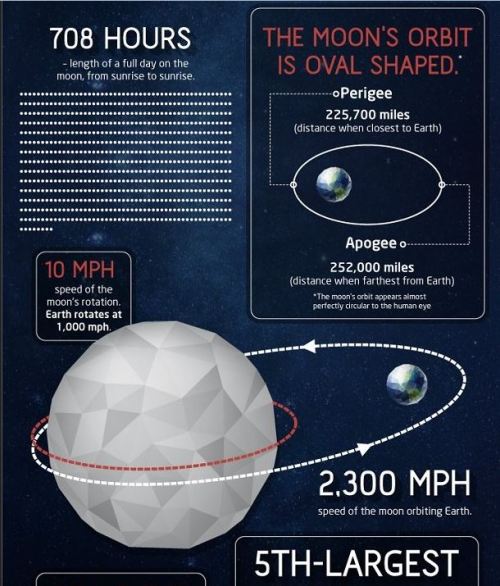
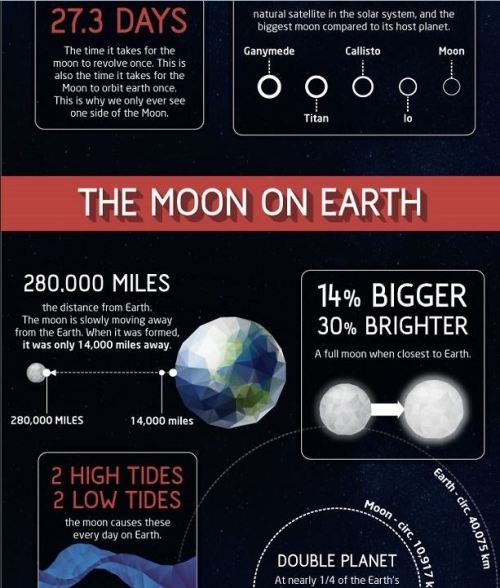
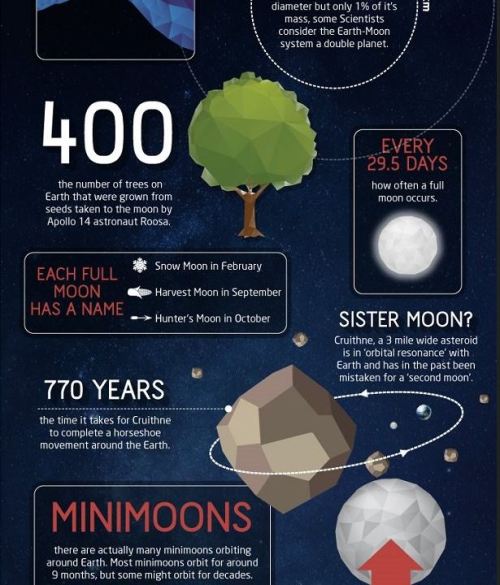
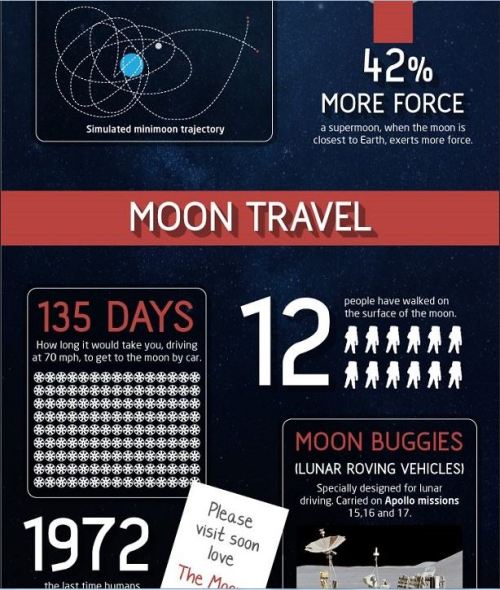
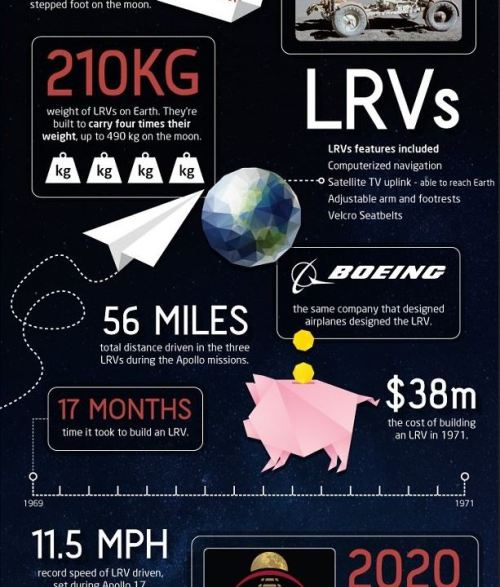
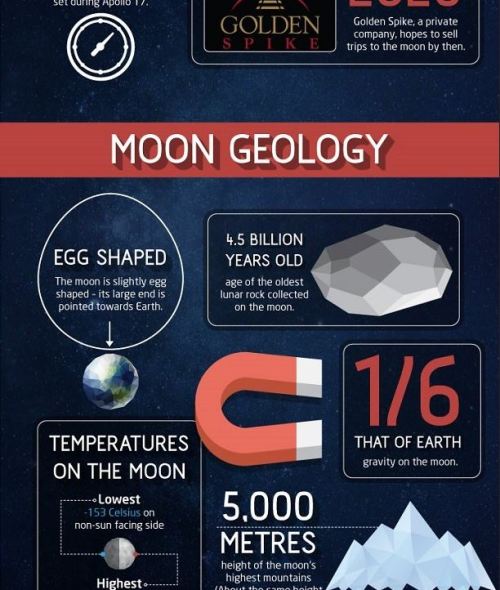
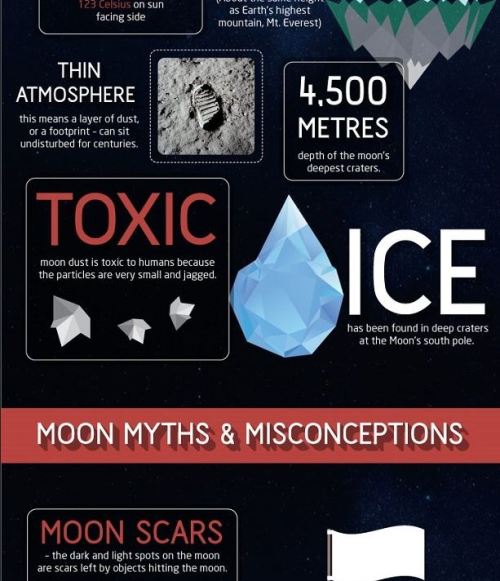
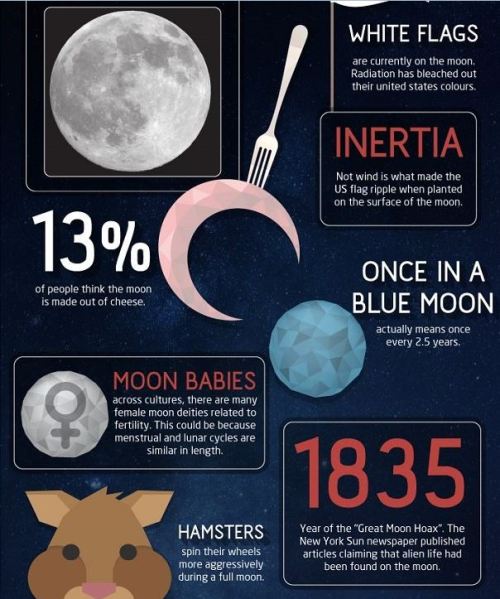
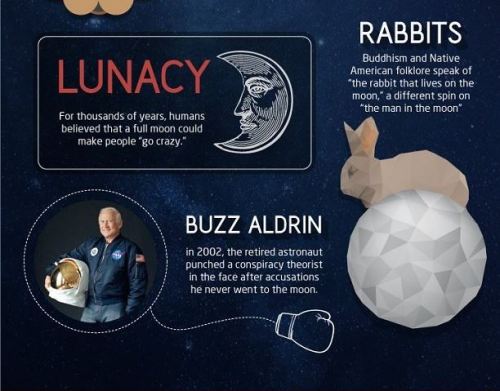
50 Amazing Fact About the Moon
(Source)
Only on tumblr
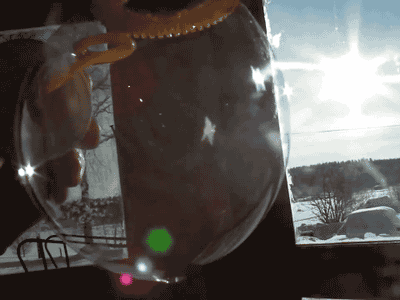

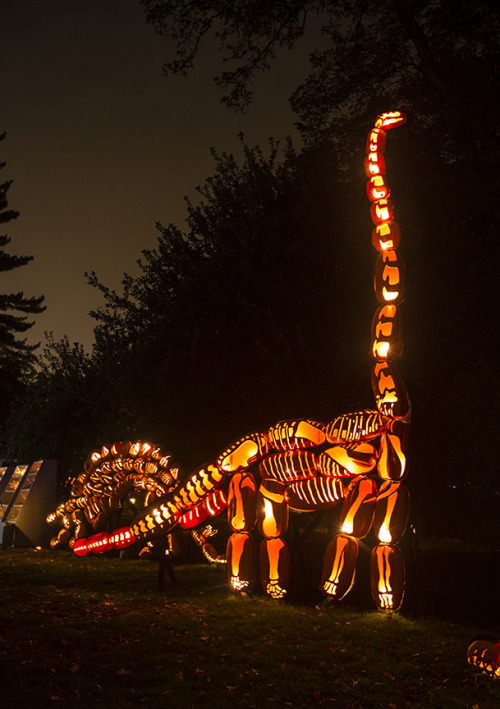
A brontosaurus was carved out of pumpkins.

For more amazing images and posts about how Astronomy is Awesome, check us out!
http://astronomyisawesome.com/
As always, please feel free to ask questions and we love it when you reblog!
#astronomy #space #nasa #hubble space telescope #nebula #nebulae #galaxy
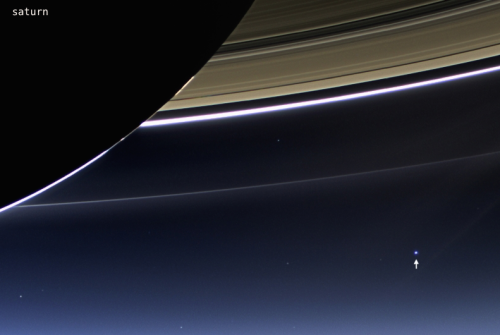
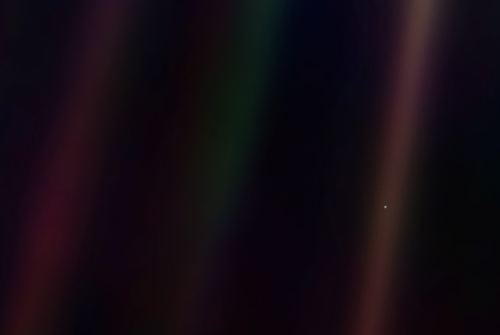
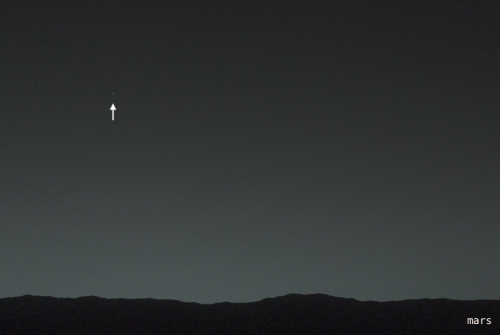
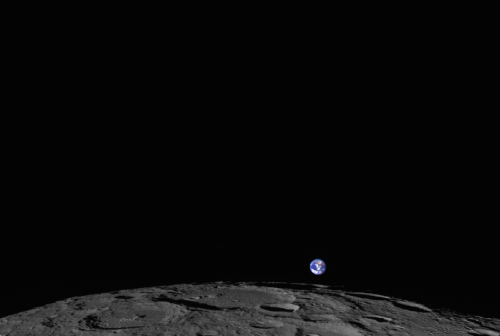
“look again at that dot. that’s here. that’s home. that’s us. on it everyone you love, everyone you know, everyone you ever heard of, every human being who ever was, lived out their lives.
“the earth is a very small stage in a vast cosmic arena. think of the endless cruelties visited by the inhabitants of one corner of this pixel on the scarcely distinguishable inhabitants of some other corner, how frequent their misunderstandings, how eager they are to kill one another, how fervent their hatreds.
“our posturings, our imagined self importance, the delusion that we have some privileged position in the universe, are challenged by this point of pale light. our planet is a lonely speck in the great enveloping cosmic dark. in our obscurity, in all this vastness, there is no hint that help will come from elsewhere to save us from ourselves.
“the earth is the only world known so far to harbour life. there is nowhere else, at least in the near future, to which our species could migrate. visit, yes. settle, not yet. like it or not, for the moment the earth is where we make our stand.
“there is perhaps no better demonstration of the folly of human conceits than this distant image of our tiny world. to me, it underscores our responsibility to deal more kindly with one another, and to preserve and cherish the pale blue dot, the only home we’ve ever known.”
- carl sagan
photos taken from cassini in 2013 when 1.5 billion km from earth; voyageur 1 in 1990 when 6 billion km; mars rover curisoity in 2014 when 160 million km; and the lunar reconnaissance orbiter in 2014, when the moon was 403,473 km away from earth, or near apogee.
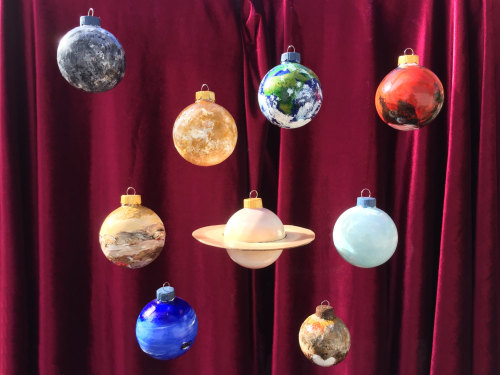
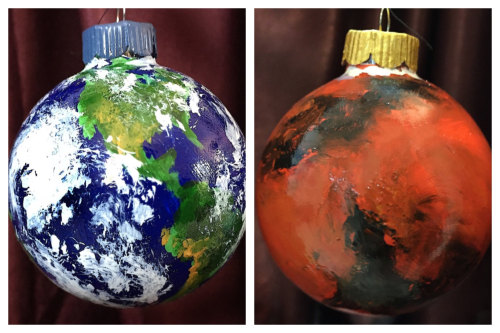
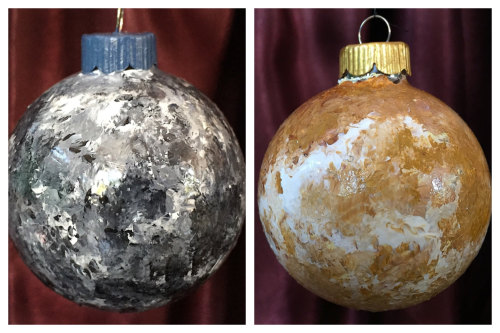
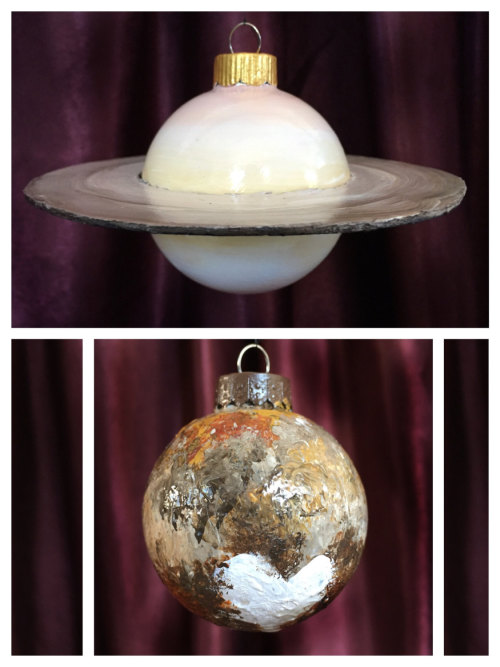
Hand-Painted Solar System Glass Ornament Set by velaciela on Etsy
• So Super Awesome is also on Facebook, Twitter and Pinterest •
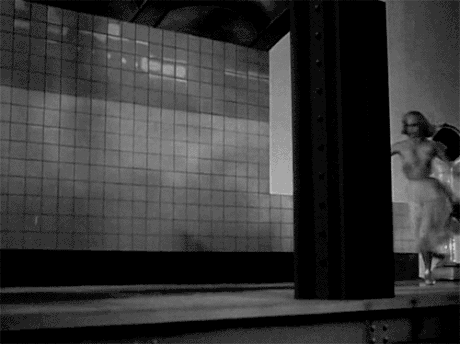
As a single woman, when I see a man
funny tumblr [via imgur]